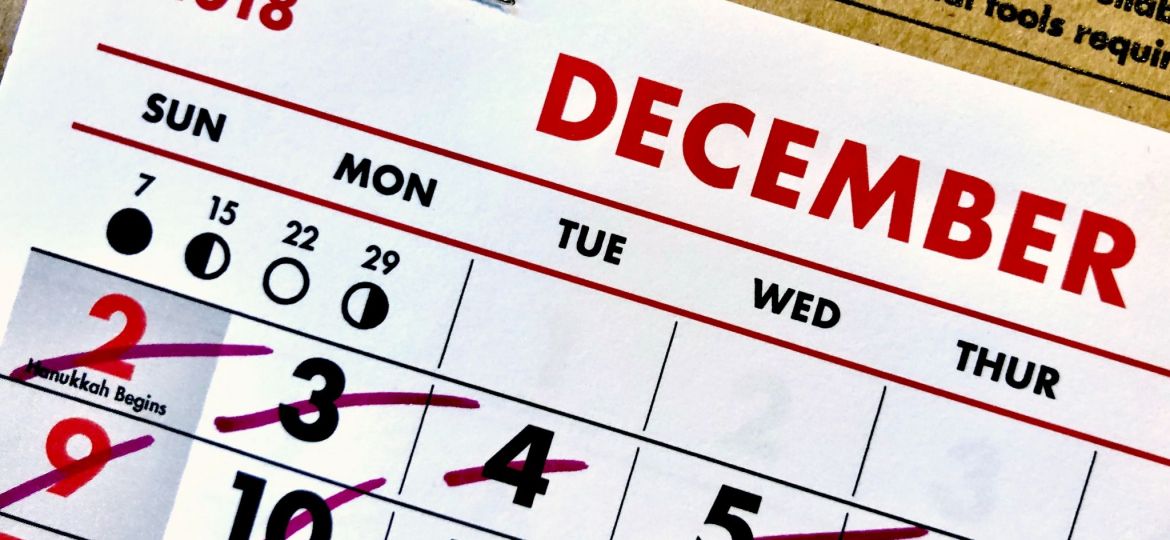
Most of the attention on leadership focuses on determining where to go, setting out a vision of the future. Great leaders are visionaries and they are also able to deliver what they promise. In short they get results. They fulfill the vision they set out to achieve.
Getting things done is an ever present challenge. We set out a plan but rarely get to follow it faithfully to the outcome. The plan is founded on a set of assumptions of how we think the future will play out. The reality is usually different. Navigating this uncertain path requires a set of special skills and a high level of self-awareness. Much has been written about planning skills and I won’t attempt to add to that. In contrast, little has been written about the importance of self-awareness in planning.
The importance of self-awareness
So why is self-awareness so important? It is because we often become our own worst enemy when we set out to achieve a goal. Let me illustrate this with several ‘characters’ I’ve come across in my career:
The Slow Starter: “I know I’m behind but I will catch up, trust me.” This person is the optimist with an unshakeable belief that everything will turn out ok in the end. When it doesn’t they move on to the next thing and try again. They tend to only remember their successes.
Happily Oblivious: “Everything is going fine, I don’t see why you are so concerned’. This person is also an optimist, but they are so positive they don’t see the problems they are facing.
Lacking Confidence: “Even though things don’t look good, I can’t ask for help because people will realize I don’t know what I am doing”. This person provides unrealistic updates, papering over the cracks until things fall apart, usually at the last moment. It results in the big surprise and the cover up of everything that went wrong.
My Way or the Highway: “I know what I am doing, leave me alone.” In this case they may be right but by ignoring any differing perspectives they find themselves out on their own. Some succeed and many fail.
These characters all have one thing in common. None of them are willing to challenge their view of reality. Instead, they prefer to believe in their own perception of reality and it gets them into trouble.
Knowing the truth is essential
Ray Dalio, the incredibly successful trader describes this well:
“Truth – more precisely, an accurate understanding of reality – is the essential foundation for producing good outcomes.”
So how do we gain an accurate understanding of reality? This is where the plan comes in. We typically look at our plan as the enemy, something that will make us look bad. We need to shift our view and see the plan or schedule as our friend. The plan represents our assumptions and reality is a great way to test the thinking behind our assumptions. If the results differ from the plan we can ask ourselves why. This forms the basis of learning and we may learn what we need to be successful. Ignoring the truth will usually lead to disappointment.
The best leaders see the plan as a set of assumptions that need to be tested. They change their plans based on what they learn, figuring out the true path to the goal.
How are you looking at your plans or schedules? Are they a source of pain to be avoided or a source of truth to be embraced that shows the way forward?

